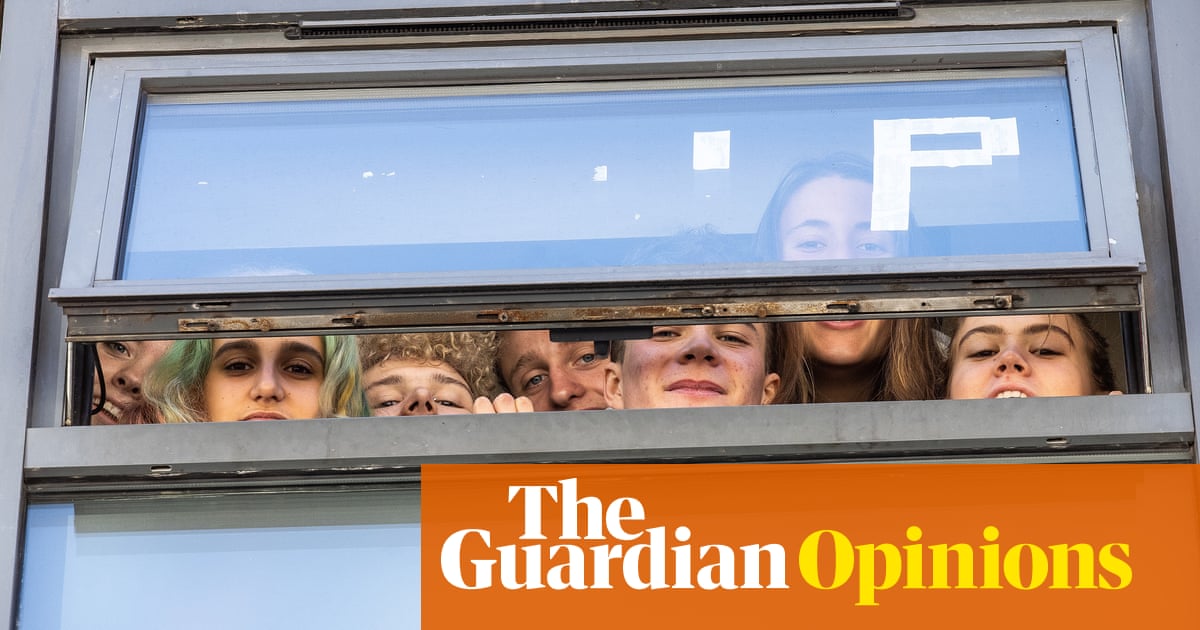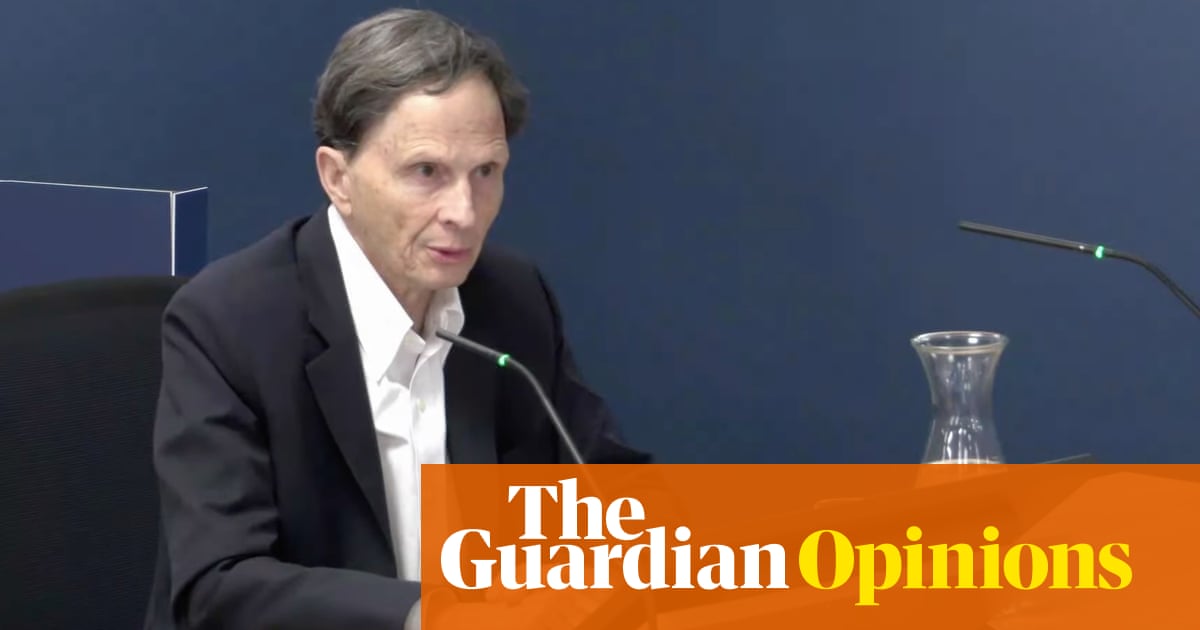
It was almost two years since I’d been on a flight, and – not words I thought I’d ever hear myself say – I was excited to be back in an airport. How glamorous to be leaving the city, not in a minivan, and for somewhere further than upstate New York. It was a Sunday morning, JFK was quiet, and right up until boarding the delusion persisted: this is all back to normal and everything’s fine. However bad things had been, we were on the other side of them now.
Since the start of the pandemic, there have been two distinct slipstreams, of people who stayed put and of those who stayed on the move. For the past year, it has been a source of grim amusement to glance at the feeds of a few wealthy friends and, while everyone else cowered in their homes, see them pop up on the beach in Greece or at an empty tourist attraction in Indonesia. These people took risks, and one might smugly have accused them of recklessness. On the other hand, there’s only so much trouble you can court when you know you can be airlifted out.
There are huge disparities between countries with and without vaccine access at the moment, but in the US, with near-universal access to vaccines, one of the greatest pandemic challenges is freedom of movement. As with most things, it comes down to money. For the past year, for example, low- and middle-income Australians in New York have watched as Australia effectively closed its doors to international travellers – except those with sufficient resources to afford the huge price rises in plane tickets (an economy return from New York to Sydney has been running as high as $20,000), the mandatory hotel fees during quarantining (at least $3,000), and other Covid-related expenses that have pushed the cost of going home into prohibitive sums.
Meanwhile, celebrities have piled up on the beaches at Bondi to enjoy what was, until recently, a relatively Covid-free country. In the past year, Natalie Portman, Hugh Jackman, Matt Damon and Christian Bale have all popped up in Australia, where entire Hollywood productions continue to be filmed. Earlier this year, even the sainted Kylie bailed from Covid-ridden England to the relatively unCovidy Melbourne. “Oh, now you’re Australian,” said an Aussie friend drily.
What’s arresting about all this is how quickly the attitude of “What’s the problem? Everything’s fine!” descends when you start tentatively to travel yourself. In the past two weeks, Covid cases in Florida have gone up by 280% – but you would not have known this from our hotel in Miami.
We arrived at lunchtime. There was a long check-in line at the desk. No one was wearing a mask; not in the lobby, the restaurants, or the barn-like elevators. And while a discreet sign at reception informed us that by going unmasked we were confirming, “on an honor system”, that we had been fully vaccinated, this was clearly an unenforceable joke. The only indication there had been a pandemic at all was the amazing price-gouging when we settled the bill.
And it was easy to forget. For the first day we wore masks in the elevator. Then we took our masks off but wore them on our wrists as a sort of signifier that we were, you know, still taking it seriously. By the third day, hanging out by a pool jammed with people in swimsuits posing for their Instagrams, we had given up altogether. Knee-high in the ocean, I spotted what I thought was a large, sleek rock on the sea floor and pointed it out to my children. “That’s not a rock, it’s an iPhone,” they said. It was the most dramatic thing to happen all week.
There were small Covid concessions: remasking in taxis, and along with our friends bypassing the restaurants to order fast food to the room. Every night we lugged huge sacks delivered from Shake Shack and BurgerFi across the lobby and upstairs, where we ate on our beds, watching TV. By the end of the week, none of us could find our masks and all sense of risk had evaporated. I may be more impressionable than most, but without a mask and other pandemic mandates in place, one’s internal compass can’t survive long in the face of everyone behaving as if nothing is wrong.
On the flight back to New York, there was turbulence. It got quite bad, and without alerting her to my alarm, I asked one of my six-year-olds to narrate the incredibly boring story of the SpongeBob SquarePants movie she’d just watched, in an effort to calm myself down. “God, we’re all going to die,” I thought, as I always do during bumpy flights. Statistically, turbulence accounts for zero deaths a year in the United States. To date, more than 38,000 people have died in Florida from Covid. Our delusions of normalcy have never been weirder.












